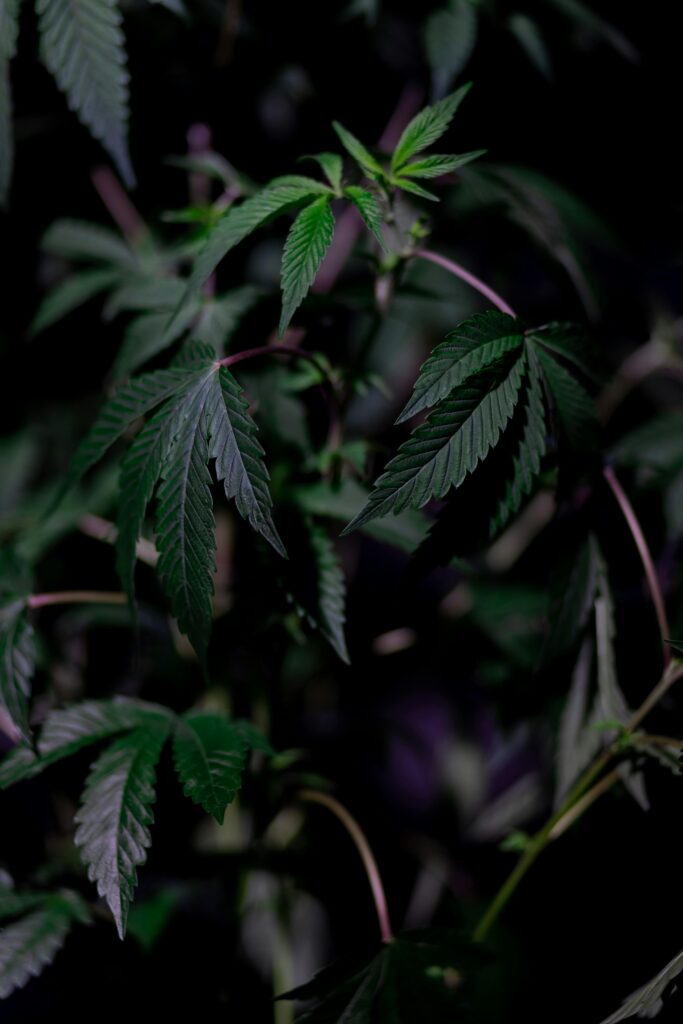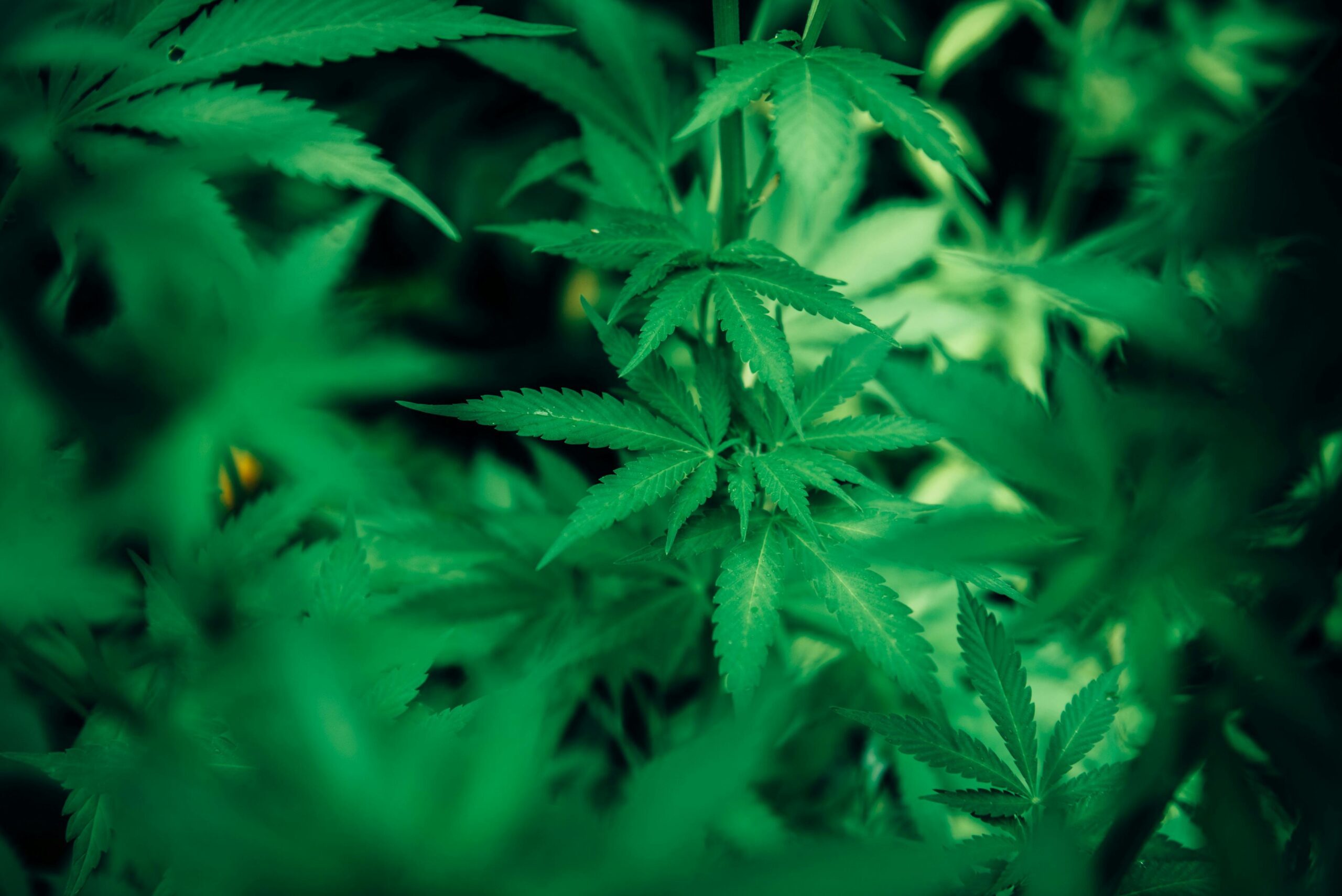The hemp industry is experiencing a renaissance, transforming from a misunderstood crop to a cornerstone of sustainable manufacturing. With global markets projected to reach $15.26 billion by 2027, growing at a compound annual growth rate of 15.8%, hemp’s versatility is driving innovations across textiles, construction, bioplastics, and more. As a Hemp Wholesale supplier or Hemp Manufacturer, the opportunities to shape a greener future are vast, leveraging hemp’s environmental benefits and adaptability. This blog explores how hemp is redefining sustainable manufacturing through cutting-edge advancements, supported by facts and figures that underscore its potential.
A Crop for the Planet
Hemp’s environmental credentials make it a superstar in sustainable agriculture. Unlike cotton, which consumes up to 25% of the world’s pesticides, hemp requires minimal chemical inputs and thrives in diverse climates. It sequesters approximately 15 tons of CO2 per hectare, outpacing many forests, while its deep roots prevent soil erosion and improve soil health. In 2023, global hemp cultivation spanned over 1.2 million acres, with countries like Canada and China leading production. For Hemp Wholesale markets, this scalability ensures a steady supply chain, enabling manufacturers to meet rising demand for eco-friendly raw materials. Hemp’s ability to grow in just 90-120 days further positions it as a renewable resource for industries seeking to reduce their carbon footprint.
Revolutionizing Textiles
The textile industry, responsible for 10% of global carbon emissions, is ripe for disruption, and hemp is leading the charge. Hemp fibers are stronger and more durable than cotton, with a tensile strength that rivals synthetic materials like polyester. In 2024, hemp-based clothing sales reached $1.1 billion globally, driven by consumer demand for sustainable fashion. Innovations in processing, such as enzymatic degumming, have reduced water and energy use by 30% compared to traditional methods, making hemp textiles more accessible for Hemp Manufacturers. Blended with organic cotton or recycled materials, hemp fabrics offer breathability and biodegradability, appealing to eco-conscious consumers. As Hemp Wholesale suppliers expand their offerings, brands are incorporating hemp into everything from denim to high-end sportswear, proving its versatility.
Building a Greener Future
Hemp’s role in construction is transforming how we build. Hempcrete, a mixture of hemp hurds, lime, and water, is a lightweight, insulating material with a negative carbon footprint. A single square meter of hempcrete can sequester 19 kilograms of CO2 over its lifecycle. In 2025, over 5,000 buildings worldwide, from homes to commercial spaces, utilize hempcrete, with Europe leading adoption. Its fire-resistant and mold-resistant properties make it ideal for sustainable architecture. Hemp Manufacturers are also exploring hemp-based insulation, which outperforms fiberglass in thermal efficiency while being non-toxic. The global hemp construction market is expected to grow to $800 million by 2028, fueled by Hemp Wholesale distribution networks that supply builders with consistent, high-quality materials. This shift is redefining construction as a regenerative industry.
Bioplastics: A Game-Changer
Plastic pollution, with over 8 billion metric tons produced since the 1950s, demands alternatives, and hemp bioplastics are emerging as a solution. Hemp-based plastics, derived from hemp cellulose, are biodegradable and require 50% less energy to produce than petroleum-based plastics. In 2024, the hemp bioplastics market was valued at $230 million, with applications in packaging, automotive parts, and consumer goods. Innovations like hemp-derived polylactic acid (PLA) offer durability comparable to traditional plastics but decompose within six months under industrial composting conditions. Hemp Manufacturers are scaling production, with companies in the U.S. and Europe investing in facilities to meet demand from Hemp Wholesale buyers. These advancements signal a shift toward circular economies, reducing reliance on fossil fuels.
Energy and Biofuel Potential
Hemp’s potential extends to energy production, offering sustainable alternatives to fossil fuels. Hemp biomass can be converted into biofuels like ethanol and biodiesel, with yields of up to 1,500 liters per hectare—higher than corn or sugarcane. In 2023, pilot projects in the U.S. produced 10 million liters of hemp-based biofuel, demonstrating scalability. Hemp Manufacturers are also exploring hemp-based batteries, where hemp carbon outperforms graphene in energy storage capacity by 20%. These batteries, used in electric vehicles and renewable energy systems, could reduce costs by 15% compared to lithium-ion alternatives. For Hemp Wholesale markets, the energy sector represents a new frontier, with demand for hemp-derived products growing as governments push for net-zero emissions by 2050.

Food and Nutrition Innovations
Hemp’s nutritional profile is driving innovation in the food industry. Hemp seeds, rich in omega-3 fatty acids and protein, are a staple in plant-based diets, with global sales reaching $1.5 billion in 2024. Hemp protein powders and oils are now common in supermarkets, supported by Hemp Wholesale networks that ensure quality and affordability. Advances in processing have led to hemp-based meat alternatives, with companies developing textured proteins that mimic beef’s taste and texture. These products require 70% less water to produce than soy-based alternatives. Hemp Manufacturers are also experimenting with hemp-infused beverages, from CBD sparkling waters to nutrient-dense smoothies, tapping into the $5 billion functional beverage market. This diversification highlights hemp’s role in sustainable food systems.
Medical and Wellness Breakthroughs
Hemp’s cannabinoids, particularly CBD, have revolutionized wellness. The global CBD market hit $7.1 billion in 2025, with applications in pain relief, anxiety management, and skincare. Innovations in extraction, like supercritical CO2 methods, have increased CBD purity by 25% while reducing energy use. Hemp Manufacturers are developing nano-emulsified CBD for faster absorption, used in products like transdermal patches and edibles. Hemp Wholesale suppliers are critical in distributing these high-demand products to retailers. Beyond CBD, research into minor cannabinoids like CBG shows promise for anti-inflammatory and neuroprotective effects, with clinical trials underway. These advancements position hemp as a leader in personalized medicine, aligning with consumer trends toward natural remedies.
Challenges and Opportunities
Despite its potential, the hemp industry faces hurdles. Regulatory inconsistencies across countries complicate Hemp Wholesale trade, with some nations limiting cultivation due to outdated cannabis laws. In the U.S., the 2018 Farm Bill legalized hemp, but state-level restrictions persist. Processing infrastructure also lags, with only 400 major hemp processing facilities globally in 2025. However, investments in decortication technology, which separates hemp fibers efficiently, are reducing costs by 20%. Hemp Manufacturers are partnering with universities to develop drought-resistant strains, increasing yields by 15% in arid regions. These innovations ensure hemp’s scalability, making it a viable alternative to less sustainable materials across industries.
A Collaborative Future
The future of hemp lies in collaboration between Hemp Wholesale suppliers, Hemp Manufacturers, and policymakers. Public-private partnerships are driving research, with $500 million invested globally in hemp innovation in 2024. Consumer awareness is also key—surveys show 65% of millennials prefer hemp-based products for their sustainability. Brands are responding by labeling products with carbon footprint data, boosting transparency. As hemp’s applications expand, from 3D-printed hemp composites to hemp-based leather, the industry is poised to redefine manufacturing. By 2030, hemp could replace 30% of cotton and 10% of plastic in global markets, cementing its role as a sustainable powerhouse.
Hemp’s journey from niche crop to industrial juggernaut is just beginning. Its ability to address climate change, reduce waste, and meet consumer demand for eco-friendly products makes it a linchpin of sustainable manufacturing. For Hemp Wholesale suppliers and Hemp Manufacturers, the challenge is to innovate relentlessly while ensuring accessibility and quality. With the right investments and policies, hemp can lead us toward a regenerative, resilient future, proving that sustainability and profitability can go hand in hand.
Discover the future of sustainable manufacturing with NanoHempTechLabs, your premier Hemp Wholesale partner! Our innovative hemp products—textiles, bioplastics, hempcrete, and CBD wellness solutions—are crafted for eco-conscious businesses. Leveraging hemp’s eco-friendly benefits, like 15 tons of CO2 sequestration per hectare and 50% less energy in bioplastic production, we deliver high-quality, scalable solutions. From durable fabrics to biodegradable packaging, NanoHempTechLabs drives profitability and sustainability. Join the $15.26 billion hemp market revolution! Schedule a call today to explore our cutting-edge offerings and partner with us to shape a greener tomorrow.
Reference:
- Cerino, P., Buonerba, C., Cannazza, G., D’Auria, L., Ottoni, E., Fulgione, A., … & Gallo, A. (2021). A review of hemp as food and nutritional supplement. Cannabis and Cannabinoid Research, 6(1), 19-27. https://doi.org/10.1089/can.2020.0001
- Chen, X., Kroell, N., Li, K., Feil, A., & Pretz, T. (2021). Influences of bioplastic polylactic acid on near-infrared-based sorting of conventional plastic. Waste Management & Research the Journal for a Sustainable Circular Economy, 39(9), 1210-1213. https://doi.org/10.1177/0734242×211003969
- Donaldson, L. (2022). From illegal to ideal: the necessity of hemp production. Journal of Natural Resources and Life Sciences Education, 51(2). https://doi.org/10.1002/nse2.20090





